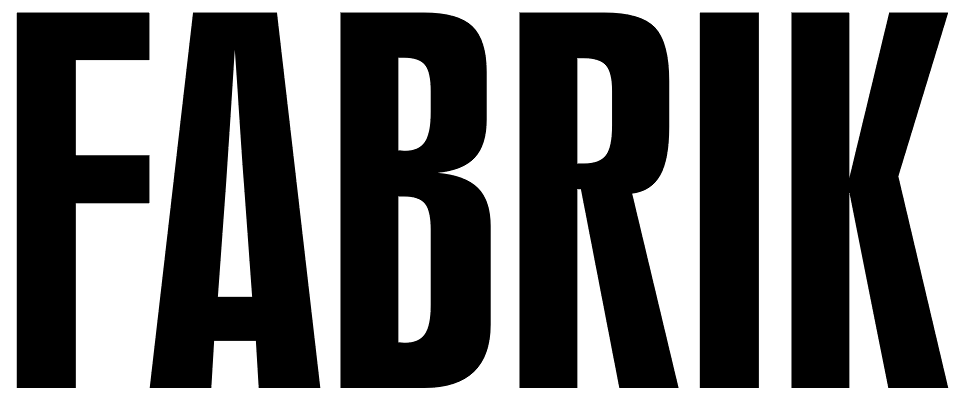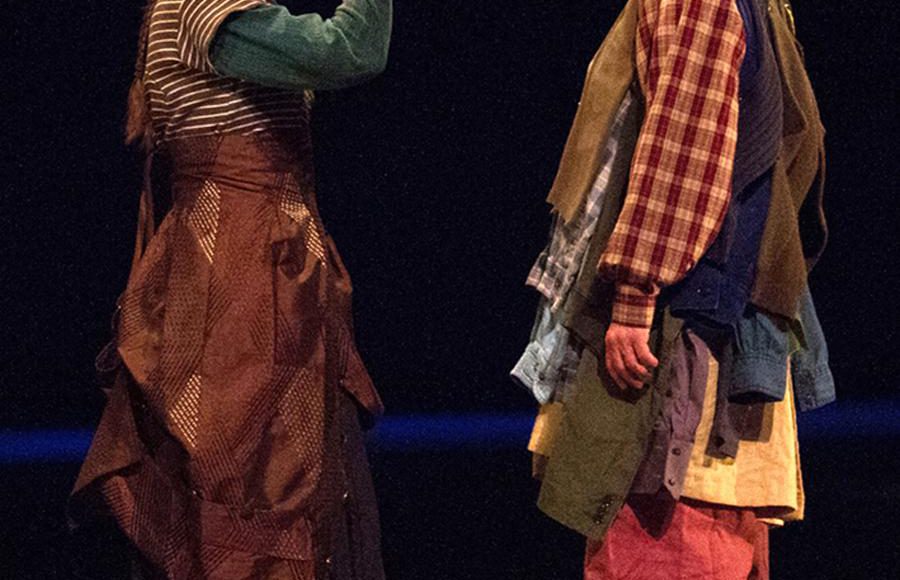“How would one create an ecological art work that didn’t make more waste in the world?” This is the question raised by Meredith Monk as she embarked on her most recent performance work On Behalf of Nature. The very nature of such a question forces us to recognize that we are living in a society of excess. Excess leads to carelessness and waste. In order to see what is actually there we must peel away the white noise of images, the inescapable electronic buzz of information, the clutter of disposable goods in which we are so immersed. Monk’s answer is a work stripped down to its essence, speech as pure sound, gesture as language, a bare stage, and simple lighting, wind and percussion instruments, a violin, keyboards on stage and live. Even the costumes by Yoshio Yabara are made from the performers old clothes, reborn, re-invented, transformed into something beautiful. There are no frills, no sensory overload of media. Just the pure expressive power of the human body, voice and spirit. And thus there is space to listen, to contemplate meaning, to absorb and feel, to be present in the moment, awake and aware.

At the end of On Behalf of Nature I experienced a combination of sorrow and joy. Joy for an artwork that speaks so eloquently for our endangered natural world, and such sadness for what we as a species we have wrought upon it. A profound meditation on our failure to acknowledge our interdependence and connectedness with the ecosystem we are part of, this performance is in one sense a mourning ritual, a grieving for the fragility and beauty, power and diversity of our planet as a living organism thrown out of balance.
Monk’s music creates a landscape, an evocative environment full of shadows, cries and whispers, and unexpected bursts of light, which the performers inhabit both physically and vocally. Layers of melodic patterns and rhythmic figures join with atmospheric sounds, scraping, rubbing, rustling, But it is the voices of her singers so inseparable from their gestures and movements that are so compelling. They speak without words and their silences are as potent as the haunting solos and choruses of extended chords, and syllabic melodies.The vocalizations run a gamut of expressions from exhortation and pleading, to scolding and sorrowful, beguiling and plaintive. They are inseparable from the gestures of six bodies in motion coming together and breaking apart in repeating geometric patterns, pairing and solos.
Each starkly lit vignette in backdrop washes of color from sunrise reds to deep blue nights raises questions of survival, not only for the human community but all the other life forms we share this planet with. One image that leaves an imprint was the bodies on the floor in dark silhouette, like seals on cracking ice, or stranded polar bears awakening, each on its own island, perhaps to die. Later Monk alone on stage flies into a kind of vocal tantrum, gesturing accusingly at the audience, like mother Gaia herself gone mad, reminding us of our state of denial and apathy.
The evening’s end reflects Monk’s own Buddhist practice with collective chanting and a ringing of bells, swinging through the air like pendulums. She leaves us with a sense of humility and awe, and the possibility of transcendence should we choose to follow a more mindful path.
World Premiere – Freud Playhouse, Center for the Art of Performance at UCLA
January 18-20, 2013.









